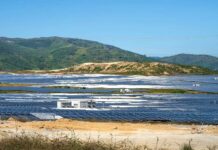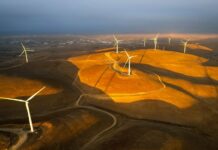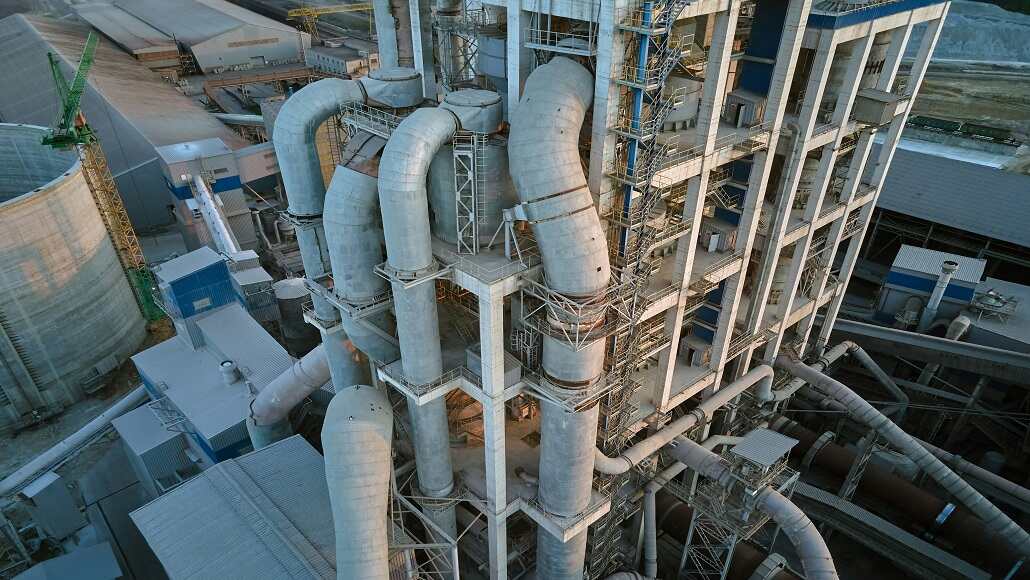Algeria has gone on to make clear its energy endeavors by way of setting its target at a yearly production of gas of 200 bn cubic meters by the end of this decade. This announcement comes to the fore as the country looks out to prominently give thrust to its exports while at the same time addressing a balanced but growing domestic consumption. At present, Algeria happens to produce almost 137 billion cubic meters of natural gas every year, thereby placing this new target at almost 50% above its current capacities. In order to achieve this, Algeria has planned for significant investments, especially when it comes to exploration as well as enhancement of existing infrastructure.
Hassi R’Mel’s Strategic Expansion
The Hassi R’Mel field, which is considered the largest gas field in Africa, happens to be central to this strategy. Operated under the aegis of the National Company for Research, Production, Transport, Processing, and Marketing when it comes to hydrocarbons, this site comprises 26% of Algeria’s daily national production. It is well to be noted that Sonatrach plans to commission three fresh gas compression stations by 2027, therefore looking to have an additional recovery, which is anticipated at 121 billion cubic meters of natural gas. This expansion also goes on to include 7 million tons of condensates as well as 3 million tons of LPG, and along with it strategic resources when it comes to domestic along with foreign markets.
Sonatrach has also announced a global investment plan that’s anticipated at $50 billion for the period between 2024 and 2028. Out of this amount, $36 billion is going to be specifically dedicated to exploration of gas and also production activities, all of which happen to be essential so as to reach the set objectives. Rising production is also supported by way of the recent discovery of eight new fields that look very promising in 2023, hence offering the country elevated prospects in terms of the supply of energy.
Development when it comes to regional infrastructure
Algeria has gone on to position itself as one of the strategic players on the international gas chessboard by way of the Trans-Saharan gas pipeline project that is aimed at connecting Nigeria to Europe through Algerian territory. This infrastructure looks to elevate direct access to the European market, especially sensitive to the energy security challenges in recent years. The pipeline happens to constitute a critical component when it comes to attaining the objective of exporting almost 100 billion cubic meters per year globally, hence consolidating the position of Algeria among the global suppliers. The economic significance of this project is important as it would go on to secure stable revenues coming out of exports and also strengthen the commercial ties between Europe and Africa. This initiative also happens to be a part of Algeria’s long-term vision that is aimed at maximizing exploitation of the natural resources and at the same time also capitalizing on the strategic geographic location. In such a context, Algeria happens to maintain increased interest as far as international partnerships are concerned along with the regional integration in energy matters.


































